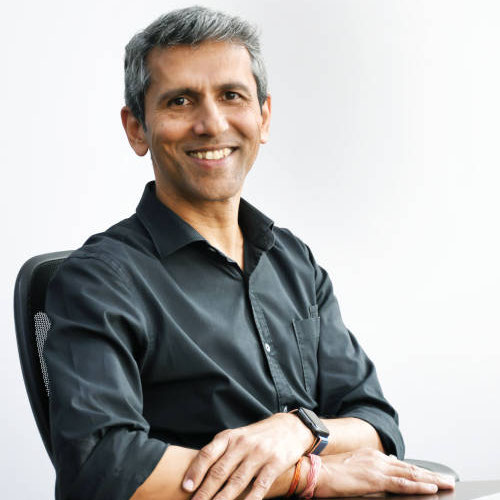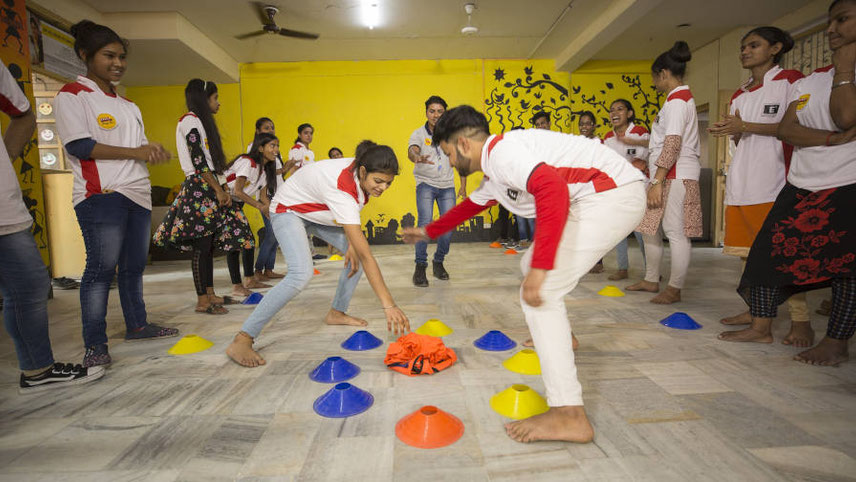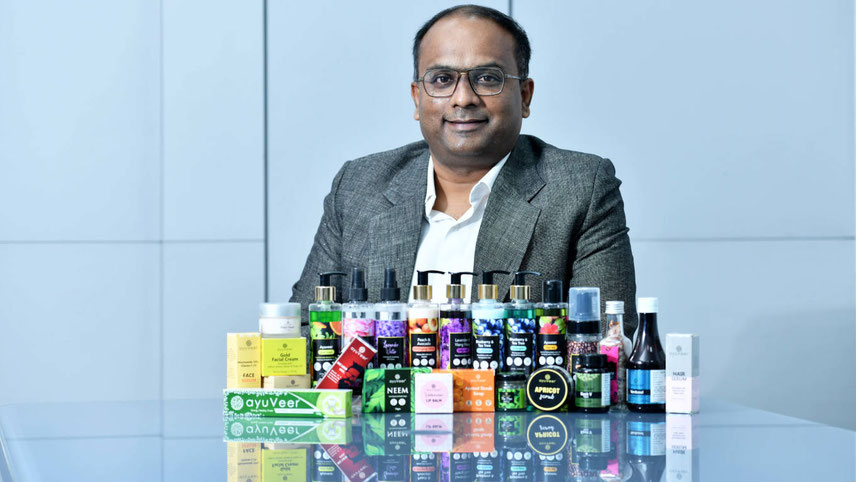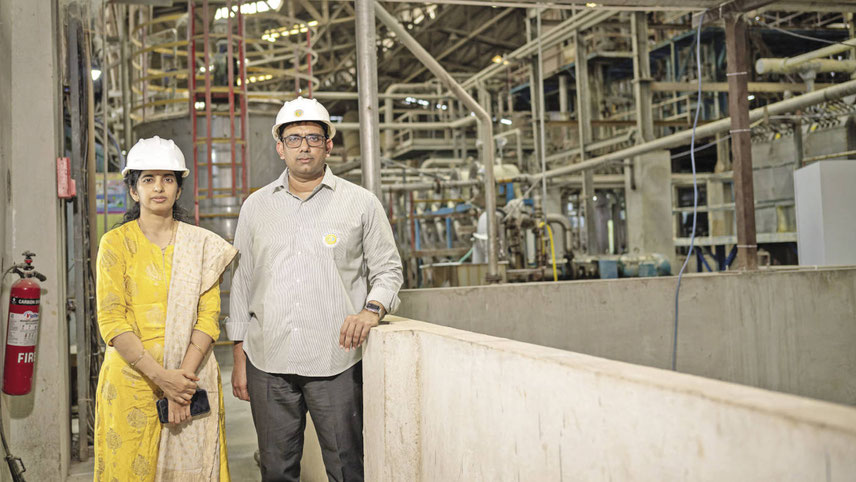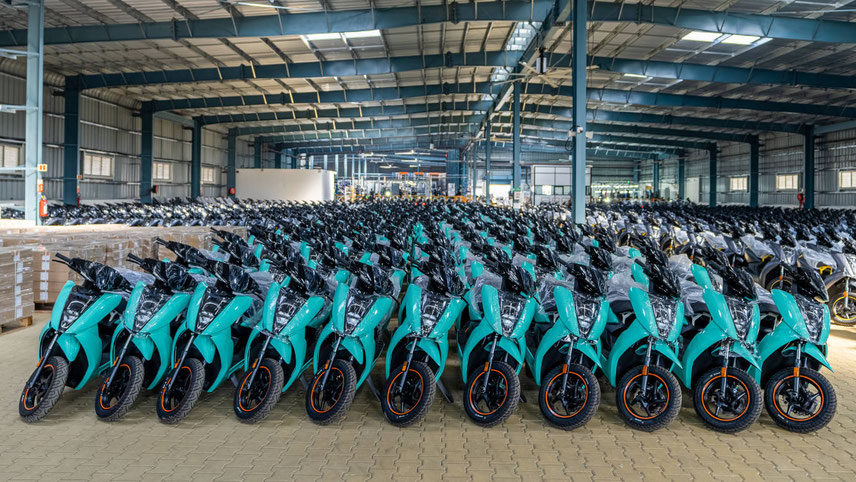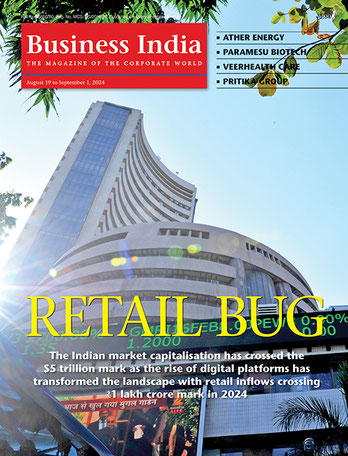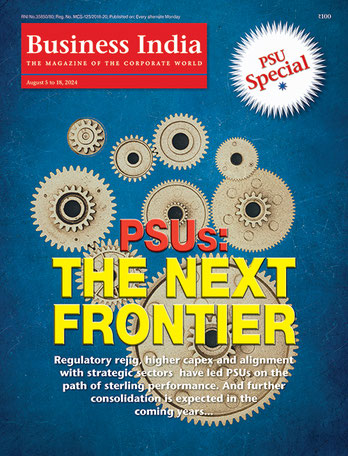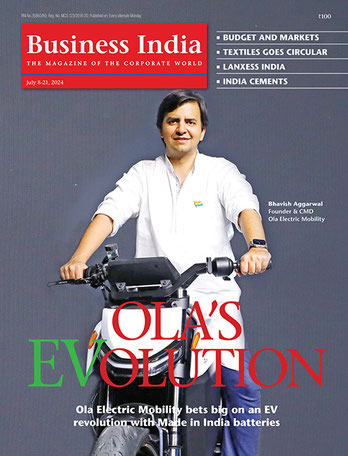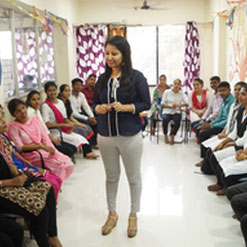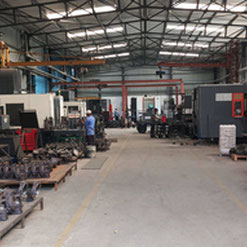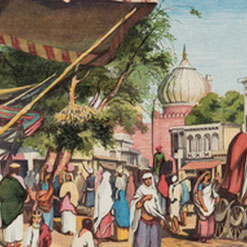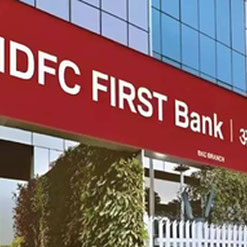Founded in Mumbai by Matthew Spacie in 1999, Magic Bus India Foundation (MBIF) has emerged as one of India's top five NGOs in the field of education and skilling. With a nationwide presence, Magic Bus is equipping adolescents and youth with life and employability skills to thrive in a fast-paced world and be ready for the 21st century. The organisation has established its presence across 74 districts in 23 states and UTs of India, with over 3 million adolescents and 371,406 youths being impacted by MBIF’s initiatives since 1999. Magic Bus works with young people in the age group of 12-25 years. It equips adolescents and youth from underserved communities with life skills and employability skills that enable them to thrive in the transition from childhood to livelihood. The vision is to build a world where young people break out of poverty to lead fulfilling, rewarding lives and contribute positively to their communities. This is achieved by enabling adolescents to complete secondary education, skilling youth to be in jobs and connecting them to available job market opportunities. The organisation runs two flagship programmes – Adolescent Programme and Livelihood Programme. India's National Education Policy 2020 emphasises on children being equipped with higher order thinking skills and socio-emotional learning. According to World Economic Forum, critical thinking and problem-solving top the list of skills that employers believe will grow in prominence in the next five years. “Our comprehensive approach, known as Childhood to Livelihood, guides individuals from a childhood fraught with challenges to a life enriched with meaningful livelihoods,” informs Jayant Rastogi, global CEO, Magic Bus India Foundation. “We engage with the ecosystems of young people, including parents, peers, community members and local institutions, to establish a robust support network for them. This is achieved through two key programmes – the Adolescent Programme and the Livelihood Programme. Our objective is to broaden our reach and impact by positively influencing the lives of six million adolescents and 500,000 youths over the next five years”. With over 34 years of experience in establishing and driving scalable businesses for multinational corporations and start-ups, Rastogi has spearheaded a remarkable metamorphosis since joining Magic Bus India Foundation in 2016. His dedication to the social sector is deeply rooted in his personal experience with two social start-ups, which have played a pivotal role in shaping his affiliation with the foundation. Today, the NGO is carrying out CSR programmes of renowned entities like Tata, ITC, Nestle, Mondelez, Hero, Reliance, Accenture, Deloitte, Bajaj Finserve, BMW, JP Morgan and Mphasis. In total, it maintains relationships with 130-150 corporate funders, underscoring the breadth and depth of its partnerships within the corporate sector.
-
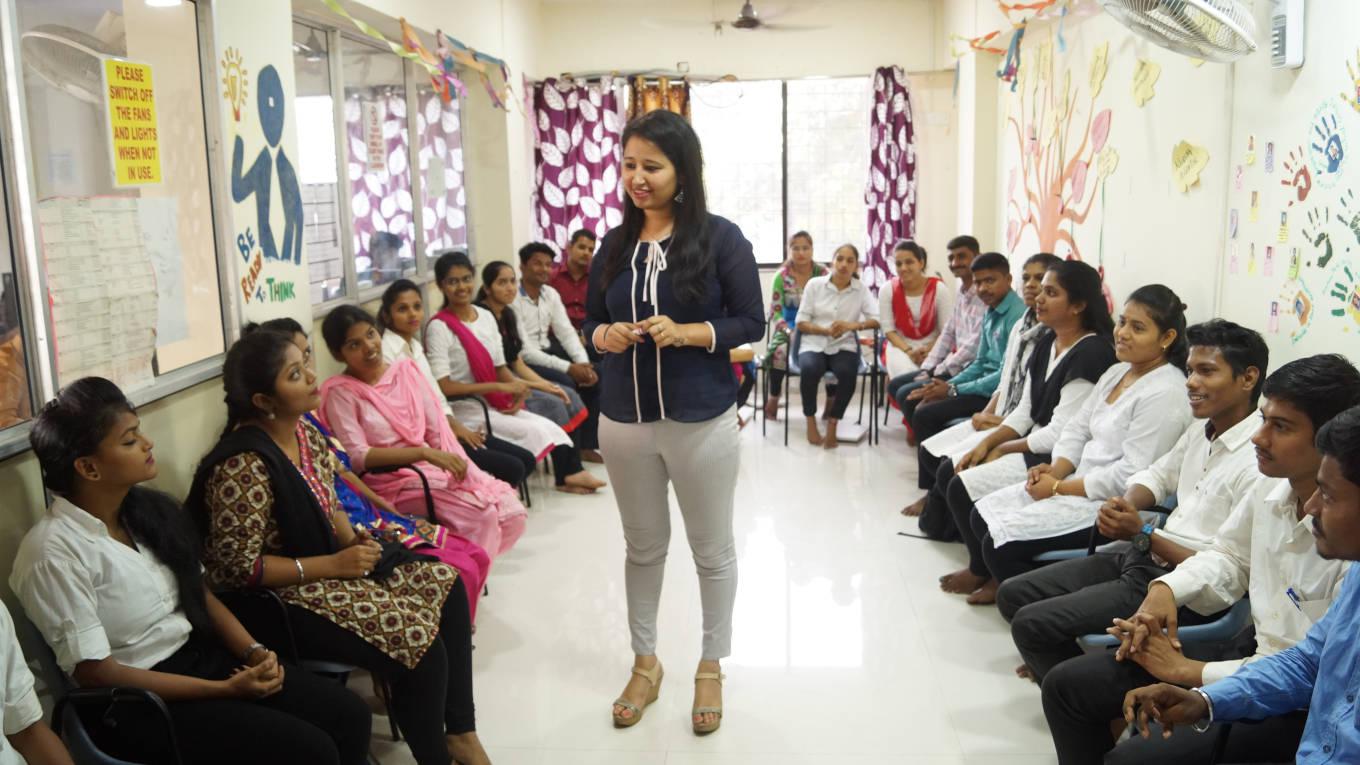
Magic Bus equips adolescents and youth from underserved communities with life skills and employability skills









